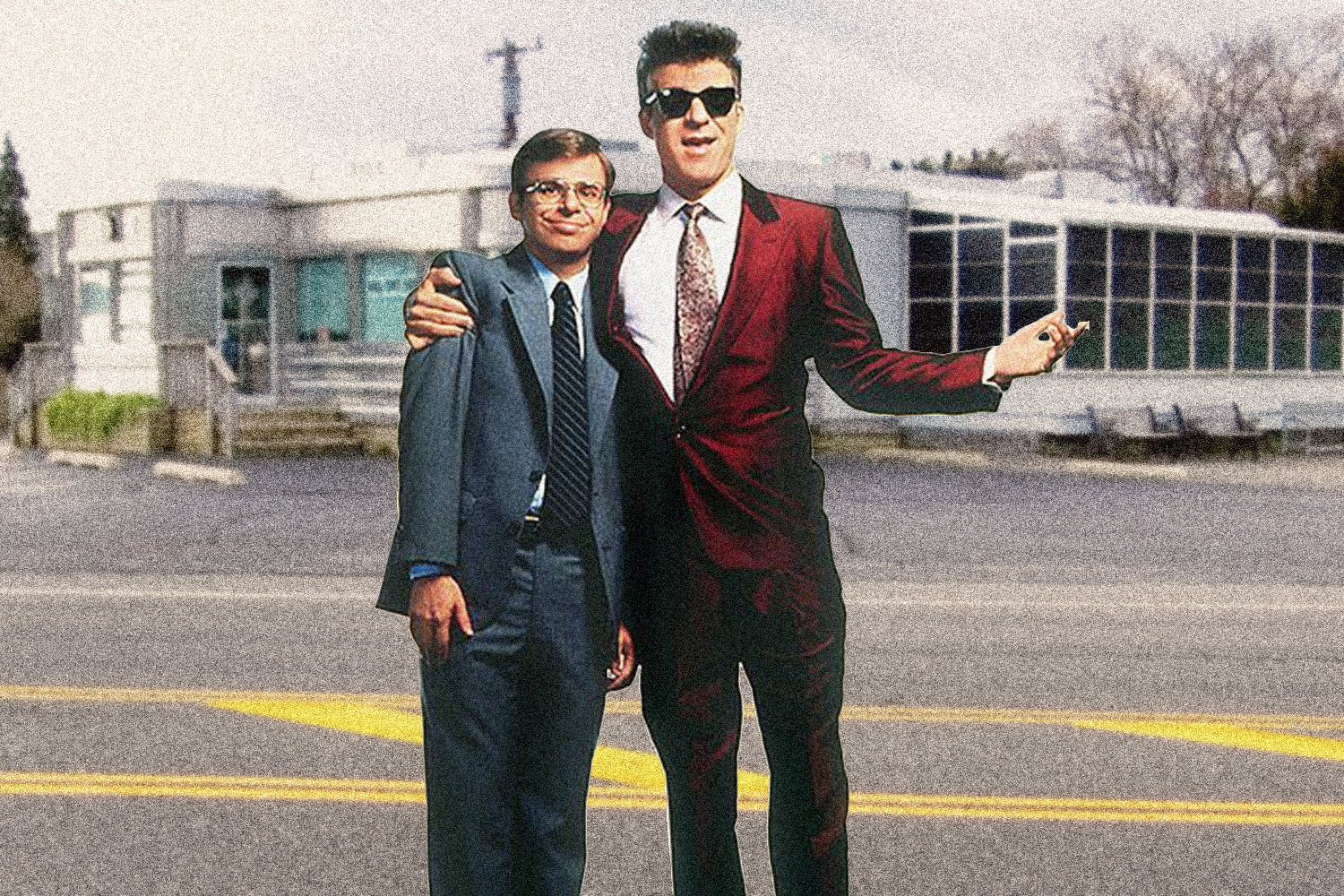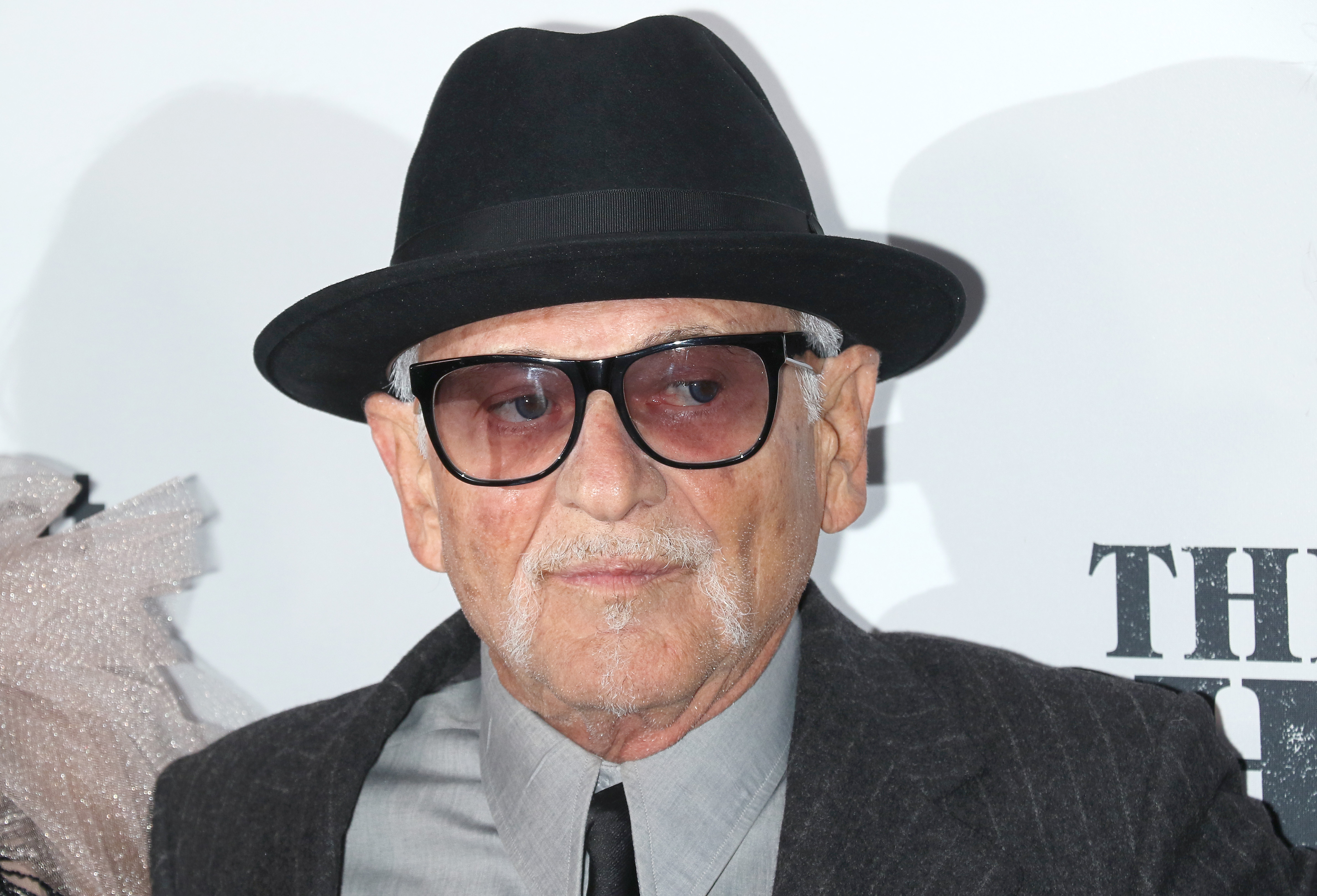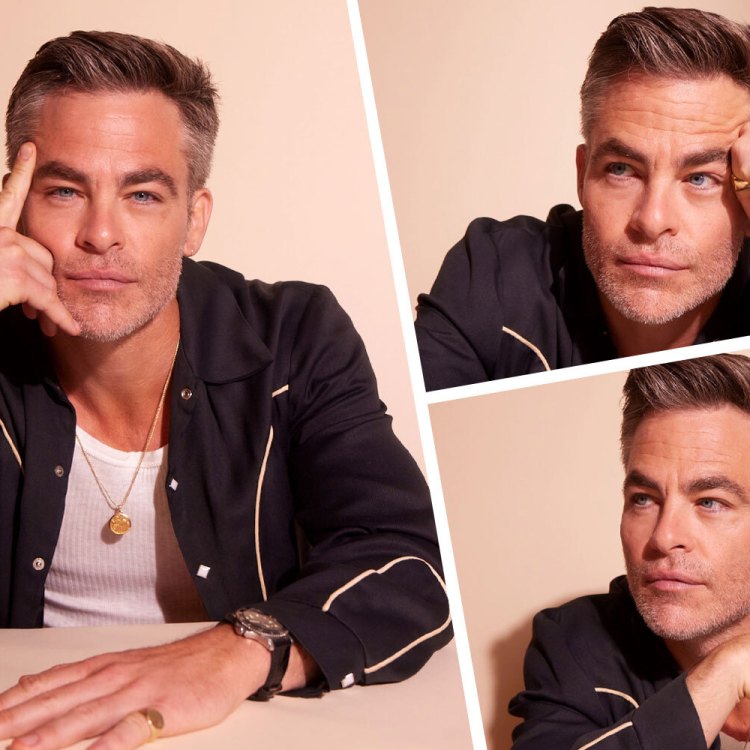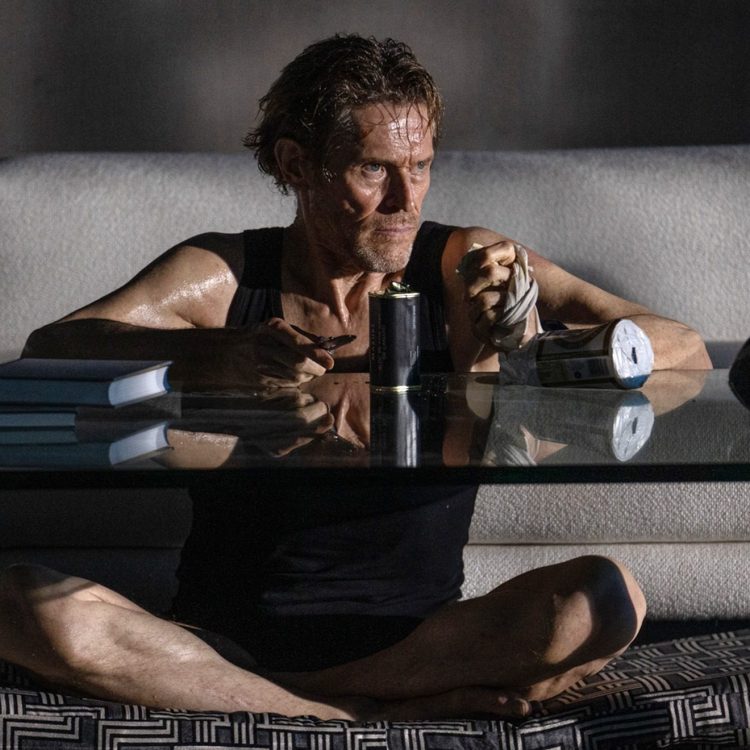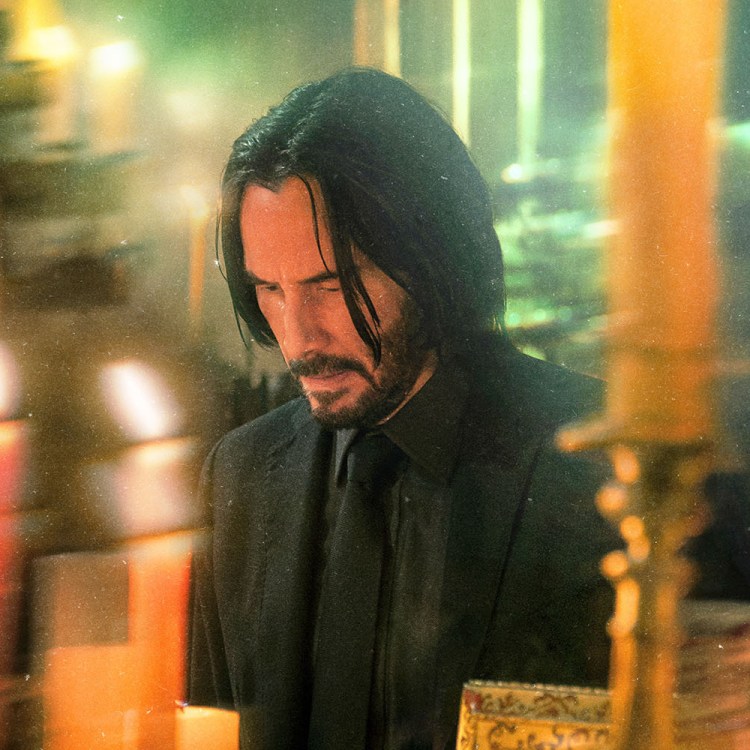In the entertainment industry, prudent judgement will often snuff out a bad idea in its infancy, but sometimes fate can be relied on to do the job. In 2018, the TV channel formerly known as Spike, now rebranded Paramount Network, placed a 10-episode order for a series acting as a prequel to Jonathan Glazer’s 2000 film Sexy Beast. The plan was to chronicle the exploits of Ray Winstone’s gangster Gary “Gal” Dove as he cut his teeth in the London criminal underground of the 1990s, working under the psychopathic boss Don Logan (played in the original by an Oscar-nominated Ben Kingsley). But with last year’s merger between CBS and Viacom came budget cuts, and just a couple months ago, the network announced that the proposed series would be a casualty of this corporate restructuring. That’s show business for you.
The producers have begun shopping it around to other possible buyers, but perhaps their unlucky twist of fortune may be for the best. Glazer’s cult-beloved debut succeeds due to the segment of Gal’s life story in which it chooses to situate itself, which is to say, near its end. Or at least, in what Gal hopes will be its final phase. We join him in Spain, where he’s put down roots with his wife DeeDee (Amanda Redman), his best mate Aitch (Cavan Kendall) and his wife Jackie (Julianne White), the ideal company for days by the pool and nights dining al fresco. He first appears in his element, tanning under the Andalusian sun while resplendent in a mustard speedo complementing his burnt-pink skin. As the immortal opening voiceover narration goes, “Oh, yeah. Bloody hell. I’m sweating in here. Roasting. Boiling. Baking. Sweltering. It’s like a sauna. Furnace. You can fry an egg on my stomach. Oh, who wouldn’t lap this up? It’s ridiculous. Tremendous. Fantastic. Fan-dabby-dozy-tastic.”
He’s more pleased than a pig in slop, in part because it’s been hard-earned. He logged his years in London, which he refers to as “a dump, grey-grotty-shitty,” with maximum scorn. He deserves the unbothered R&R that comes with retirement, an uncommon juncture for a film to focus on outright. That’s usually where we find our protagonist before they’re beckoned back to the profession for “one last job,” perhaps the genre’s trustiest cliché. In this poolside prelude, a gigantic boulder rolls down the hill and bounces just over Gal’s head to wreck his pool’s tiling and herald the arrival of Don Logan, who will indeed make Gal an offer not so easily refused. But in Sexy Beast, that refusal is the entire point of the film. Glazer, along with screenwriters Louis Mellis and David Scinto, gave the gangster picture a shot in the arm by putting serious, thoughtful value on the post-career leisure and enjoyment that similar films blow past on their way to or from the guns-blazing thrills. For Gal, that much would just be another day on the job.
The glut of crime movies operate under the cardinal rule that when you live by the gun, you die by it, too. A scant few tough guys manage to get away with leaving this equation unsquared as they take their loot and their lady off to a tropical stretch of easy street. But this beat tends to come as a beginning from which the protagonist must be coaxed, or the endpoint at which the plot deposits them. Whether through temptation or coercion — “Just when I think I’m out, they pull me back in,” Michael Corleone once growled — circumstances conspire to return them to the only work they’ve ever known. The fabled One Last Job implies internal conflict, between the desire to get out of an illicit hustle and an affection for the excitement and stimulation it affords. Recall the arc from The Sopranos in which closeted made man Vito Spatafore takes off for Vermont only to eventually return to Jersey when the pastoral quiet starts to get arduous and boring. For many, it’s a difficult lifestyle to leave behind.
Not so for Gal, whose unambiguous efforts to avoid his old gig make up the meat of the film instead of being limited to its setup. As he remembers it, his occupation mostly meant being a whipping boy to sadistic middle managers like Don Logan and the equally brusque Teddy (Ian McShane). There’s no luster to the bank vault rip-off Don comes to Villa de Gal to aggressively propose, not even once we see it happening. Glazer shoots this sequence as stressful and prone to foul-ups, a nerve-wracking experience not even worth the trouble. Gal’s abusive overseers cheat him out of his cut and leave him with 10 quid, Teddy’s demand for change from the 20-pound note as the ultimate indignity. (Gal, smarter than he looks, pockets a pair of ruby-and-diamond earrings as his real payment.) Where Goodfellas declared that being a gangster was better than being President of the United States, Sexy Beast contends that it actually sucks just as badly as any dead-end wage slavery.
To the corresponding converse, the film also illustrates the personal nourishment and fulfillment that can come from getting out of a hazardous work environment. Glazer commits to establishing real, meaningful emotional stakes for Gal’s desire to get out of the game, giving the character something important to hold on to. When heist movies visit trouble upon paradise, it’s usually disrupting a sit on the beach with a lime-stuffed Corona and a bikini-clad companion not far off. This tableau mostly serves as a shorthand for la dolce vita, but here, we get a genuine, lived-in sense for the love and inner peace that Gal has forged. He really cares about DeeDee, unthreatened and undeterred by her porn-star past. “I love you like a rose loves rainwater,” he purrs to her, a sweet nothing made all the more poetic by its contrast with his coarse Cockney accent.
In response to the unceasing demands from Don to just do the fokkin’ job already, Gal insists that he’s not “match fit” anymore. He’s not just trying to give Don the brush-off, as we gradually learn through flashes of Gal’s subjective memory — it’s that he’s not done working through some trauma from an extended prison stay, which has a way of teaching a man the value of his freedom. While irritable from time to time, Gal seems largely turned off from violence, to the point that Don’s death must come at the hands of other characters. Still, he gets a resolution on his own terms when he states firmly and definitively that “I’m not into this anymore” once he’s held up his end of the deal. He’s changed, now content with little more than beers, UV rays and his wife’s embrace.
With all the subtlety of a massive symbolic rock, Glazer made a splash in his debut by holding on to the appeal of the limey crime flicks that Guy Ritchie was popularizing around the same time. The stylized dialogue, profane arias of cobblestone wit, has been widely and rightly praised. Glazer also reproduces the satisfying effect of everything clicking into place so identified with caper movies, except that the turn has nothing to do with the job, and more with Gal’s escape from it. Once everything comes together, the reward surpasses money or even the comfort that it brings. Gal gets his life back, and for once, we know just how much that gratification means. His happily ever after makes us happy for him.
This article was featured in the InsideHook newsletter. Sign up now.


